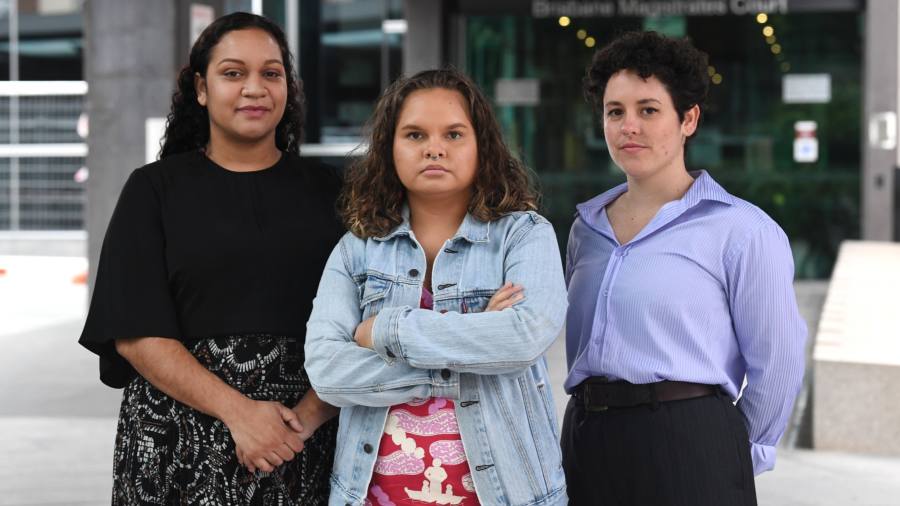Australian court blocks Clive Palmer coal mine on climate grounds

An Australia court has moved to block an $8.4bn coal mine development in Queensland on human rights grounds in a landmark case that highlights the mounting legal challenges to fossil fuel extraction around the world.
Fleur Kingham, president of the Land Court of Queensland, said on Friday that “climate change was a key issue” in the decision and that the project would have infringed on the rights of First Nations people in Queensland because of its climate impact.
The Galilee Coal project’s developer is Waratah Coal, which is owned by Clive Palmer’s group Mineralogy. It would have produced 40mn tonnes of coal a year if fully developed, making it the largest coal mine in Australia.
A growing number of legal cases in jurisdictions from the Netherlands to the Philippines have been launched to challenge government policies and block fossil fuel extraction on climate grounds.
Swedish activist Greta Thunberg this week joined a class-action lawsuit, brought by more than 600 young people in Sweden, that alleges the country’s climate policies are insufficient.
A similar lawsuit brought by youth activists last year in Germany was successful, with the supreme constitutional court ruling that the government’s climate targets were inadequate to protect future generations.
The ruling in Queensland comes after Australia recently tightened its climate targets, passing legislation to cut emissions by 43 per cent by 2030.
The legal challenge against the Galilee Coal project was brought by a First Nations-led group called Youth Verdict, on the grounds that the climate impact of the coal extracted would violate their human rights.
“Wherever the coal is burnt, it will contribute to environmental harm,” Kingham said in her ruling. The emissions produced by the coal — projected at around 1.58bn tonnes over the mine’s lifetime, or the equivalent of three years of Australia’s current annual emissions — would jeopardise the country’s commitment to the Paris climate accord, she wrote.
It is the first time a court in Queensland, Australia’s biggest coal producing region, has blocked coal extraction on human rights grounds.
The ruling by Kingham recommends that both the mining lease application and the environmental authority application be denied. The ruling can still be appealed.
“In relation to climate change, I have found that the following rights of certain groups of people in Queensland would be limited: the right to life, the cultural rights of First Nations peoples, the rights of children, the right to property and to privacy and home, and the right to enjoy human rights equally,” Kingham added.